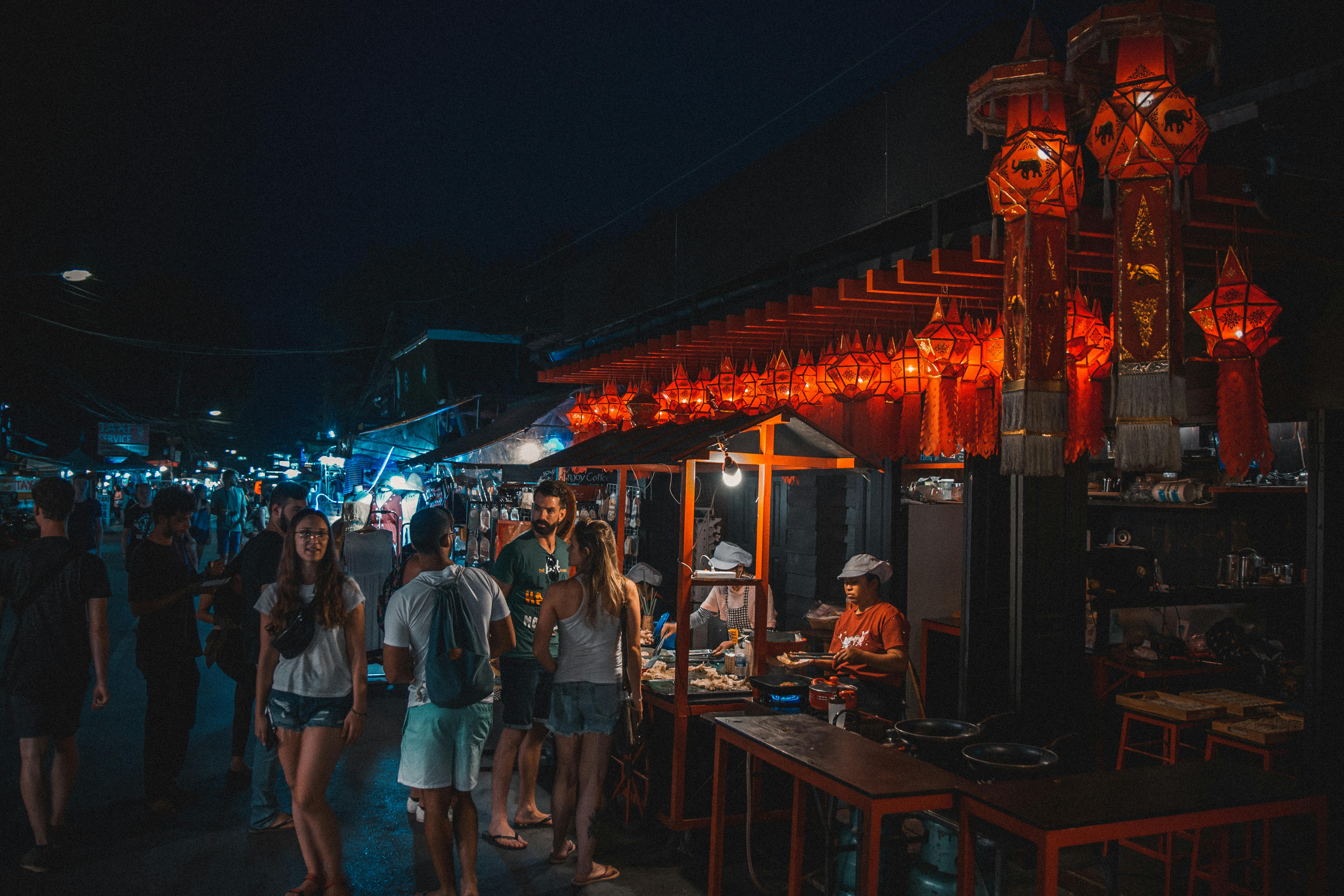Exploring the World Through Smell: Olfactory Tourism
The tantalizing scent of spices wafting through a Moroccan souk, the crisp pine-infused air of a mountain forest, or the salty breeze of a coastal town – these olfactory experiences are often the most vivid and lasting memories of our travels. Olfactory tourism, a niche yet growing trend in the travel industry, focuses on exploring destinations through their unique scents and aromas. This immersive approach to travel engages one of our most powerful senses, creating deeper connections with places and cultures.

The olfactory bulb, which processes smell, is part of the brain’s limbic system, which also controls memory and emotion. When we encounter a new scent while traveling, our brain forms a strong association between that smell and the experience. This is why the aroma of fresh croissants might always remind you of that little Parisian café, or the scent of jasmine could transport you back to a balmy evening in Bali.
The Rise of Scent-Focused Travel Experiences
In recent years, travel companies and destinations have begun to recognize the power of scent in creating unique and immersive experiences. From scent-themed walking tours in fragrant cities to perfume-making workshops in iconic fragrance destinations, olfactory tourism offers a new way to explore the world.
Some luxury hotels have even begun to incorporate signature scents into their properties, creating a multi-sensory brand experience that guests can take home with them in the form of scented candles or room sprays. This olfactory branding not only enhances the guest experience but also creates a lasting memory trigger that can inspire future travels.
Destinations for the Scent-Conscious Traveler
Certain destinations naturally lend themselves to olfactory exploration. The lavender fields of Provence, France, offer a visual and aromatic spectacle that draws visitors from around the world. In Grasse, the perfume capital of the world, travelers can tour fragrance factories and even create their own signature scents.
In Japan, the art of kōdō, or incense appreciation, offers a unique cultural experience centered around scent. Visitors can participate in incense ceremonies, learning to discern subtle fragrance notes in a meditative setting.
The spice markets of Istanbul present a feast for the senses, with mounds of colorful, aromatic spices filling the air with their enticing scents. Here, the olfactory experience is intrinsically linked to the culinary, creating a holistic sensory journey.
Scent Tourism and Sustainable Travel
Interestingly, olfactory tourism aligns well with principles of sustainable travel. Unlike visual attractions that can be overwhelmed by crowds, scents can be experienced without physical impact on the environment. Moreover, focusing on local scents – whether from native plants, traditional cuisines, or artisanal products – can support local communities and preserve cultural heritage.
Some eco-lodges and nature retreats are incorporating aromatherapy and local plant knowledge into their offerings, providing guests with a deeper connection to the local environment through scent. This approach not only enhances the travel experience but also promotes awareness and appreciation of local ecosystems.
Enhancing Your Olfactory Travel Experience
-
Pack a small notebook to jot down scent descriptions and associated memories
-
Consider bringing home locally made scented products as sustainable souvenirs
-
Research local plants and spices before your trip to better appreciate regional scents
-
Participate in cooking classes to understand how aromas play a role in local cuisine
-
Visit local markets early in the morning when scents are often most potent
A New Dimension of Travel
Olfactory tourism adds a rich, sensory dimension to our travels, creating lasting memories and deeper connections with the places we visit. By consciously engaging our sense of smell as we explore new destinations, we open ourselves to a more immersive and emotionally resonant travel experience. As this trend continues to grow, we can expect to see more scent-focused travel offerings, allowing us to quite literally stop and smell the roses – and the spices, the sea air, and the myriad other aromas that make our world so wonderfully diverse.





